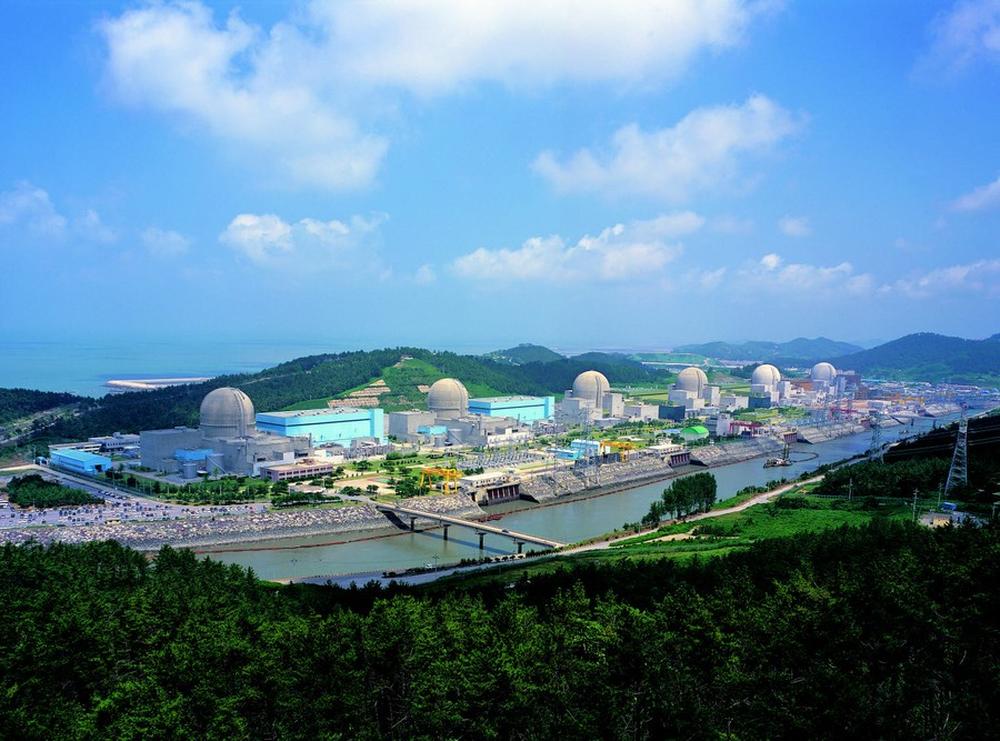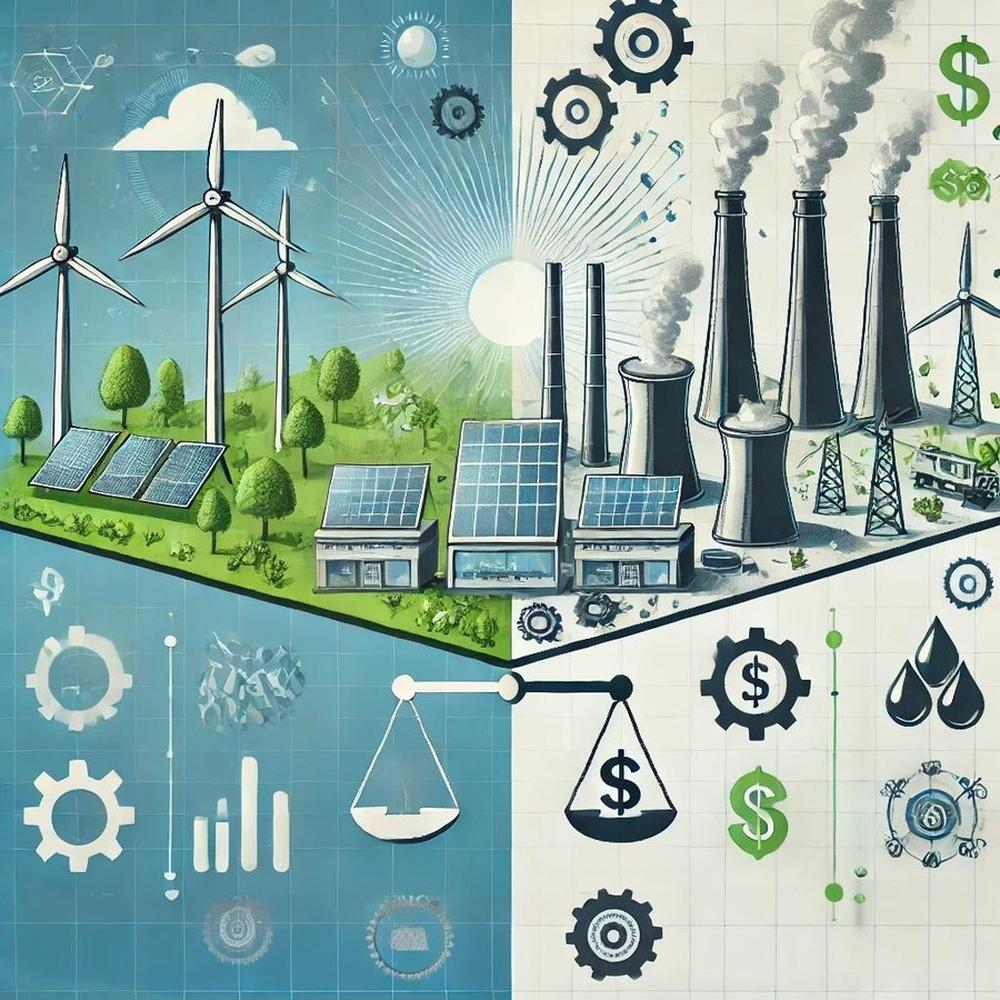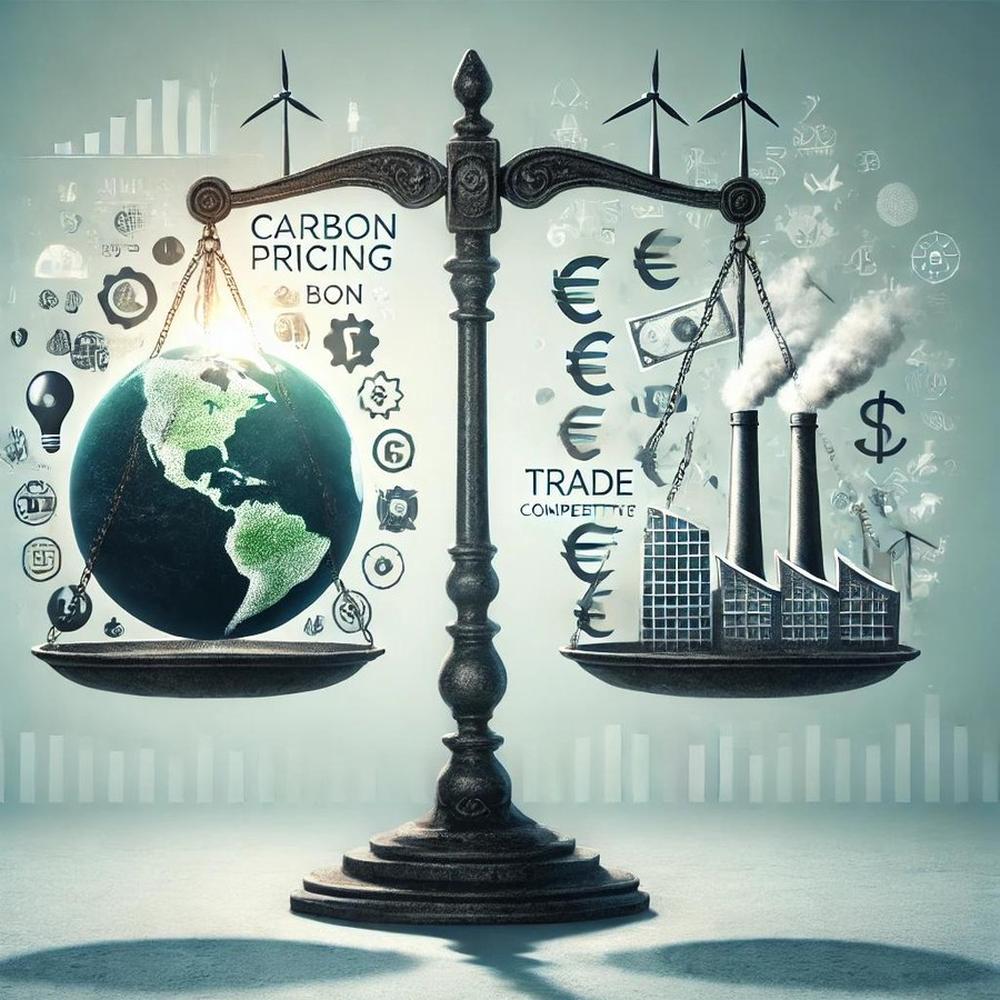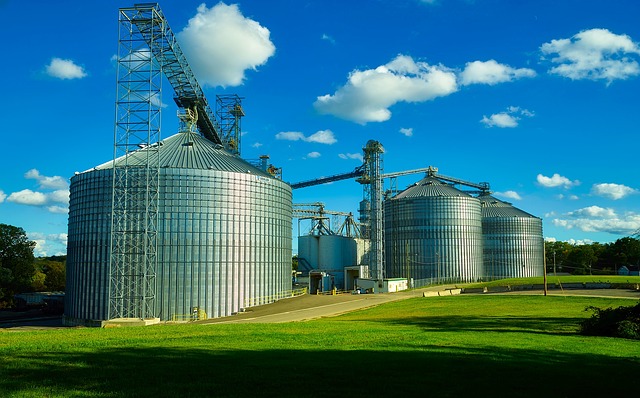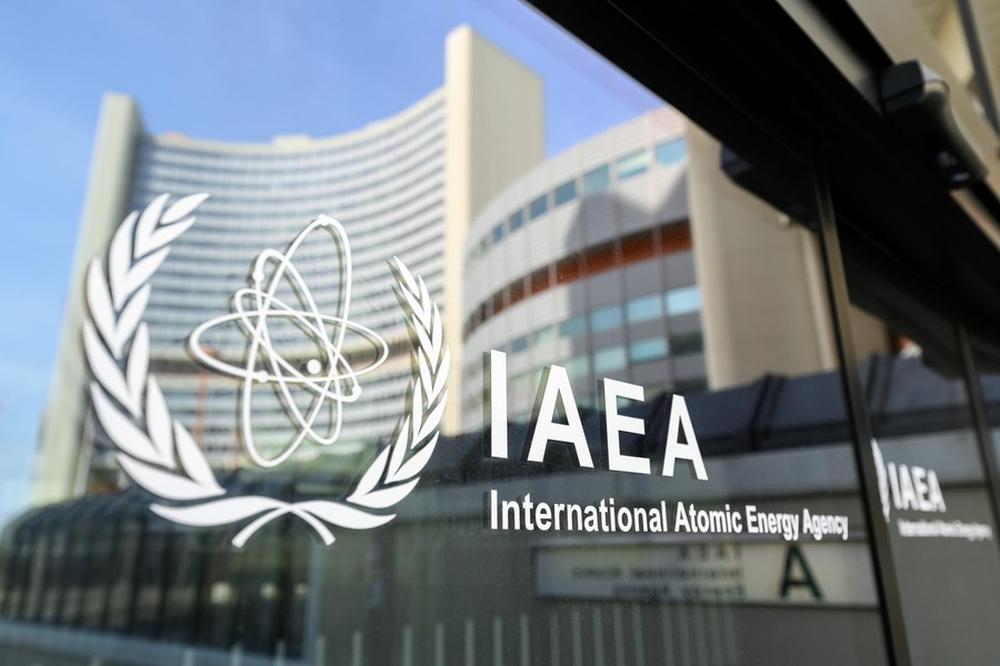- #Economy & Trade
- #Energy & Climate
- #Global Issues
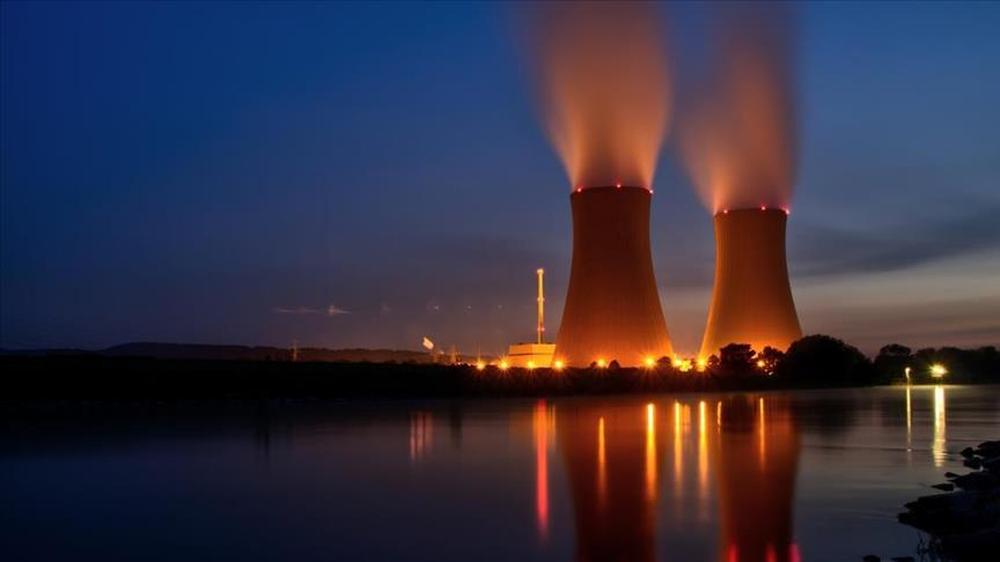
▶ The rising costs of enriched uranium and the associated instability in fuel supply following the Russia-Ukraine war highlight the urgency for Republic of Korea (ROK) to enhance its capability to secure a reliable supply of enriched uranium.
▶ The ROK’s ongoing development of LEU+ fueled Light Water Reactors (LWRs) and Small Modular Reactors (SMRs) with 5–10% enrichment, as well as HALEU fueled advanced reactors with 10–20% enrichment, underscores the critical need for a reliable supply of fuel with non-conventional enrichment levels.
▶ ROK must adopt a proactive approach to secure enriched uranium supplies for its growing nuclear industry and advanced reactor programs. Strengthening ROK-U.S. cooperation in civil nuclear energy will be pivotal for ensuring reliable fuel supplies and achieving shared goals in nuclear technology development.
Today, the Republic of Korea (ROK) stands as the fifth-largest operator of nuclear power plants, following the U.S., China, Russia, and France. However, it is the only country among these top five nations that relies entirely on overseas suppliers for its enriched uranium, lacking any domestic capability to enrich uranium. Historically, this reliance was perceived as a minor issue, as enriched uranium was readily available at low costs, making the need for domestic enrichment seem unnecessary. Furthermore, the relatively small proportion of enriched uranium in ROK’s overall energy import expenses—approximately $1 billion out of an annual $200 billion—tended to downplay its critical importance to national energy security. Nevertheless, this inexpensive enriched uranium underpins over 30% of Korea's national electricity supply.
Despite its crucial role in energy security, enriched uranium has been undervalued in Korea’s strategic considerations. The nation’s nuclear industry has achieved unprecedented success, arguably without sovereignty over its uranium enrichment capabilities, even for peaceful, commercial purposes. This was made possible by decades of stable prices for enriched uranium. However, the global landscape is now shifting dramatically, driven by two key factors: an unprecedented rise in enrichment costs and the growing necessity for higher uranium enrichment levels, beyond 5%, to support advanced reactor technologies.
Rising Enrichment Costs and Market Instability
The geopolitical fallout from the Russia-Ukraine war has significantly destabilized the global uranium enrichment market. Efforts by Western nations to exclude Russian uranium—representing ~40% of the global enrichment market—have caused enrichment costs to rise from an average of $100/SWU to over $170/SWU. For ROK, which operates 26 nuclear power plants without any domestic enrichment capability, this cost escalation poses a severe challenge to its energy security. Without a domestic alternative, Korea remains uniquely vulnerable to these market fluctuations.
Adding to this challenge is Korea’s planned expansion of its nuclear fleet, which will further increase its dependence on enriched uranium. According to an analysis by Seoul National University, the total annual enrichment costs for Korea’s current and planned nuclear fleet—including 26 domestic reactors, four under construction, three additional planned reactors, and export projects such as the UAE’s Barakah plant and potential AP1000 units in the Czech Republic—could approach $1 billion. In this context, reducing reliance on cheap imported Russian uranium becomes increasingly challenging.
Advanced Reactors and the Demand for Higher Enrichment
The development of advanced nuclear reactors further highlights the urgency of securing a reliable enriched uranium supply. Advanced reactors typically require uranium enrichment levels between 5% and 20%, surpassing the current commercial standard of less than 5%.
For advanced Light Water Reactors (LWRs), enrichment levels between 5–10%—referred to as LEU+ fuel—are needed to achieve longer fuel cycles, power uprates, reduced spent fuel generation, and fewer refueling outages, collectively enhancing the economic competitiveness of LWR fleets. While LEU+ fuel may be obtainable through existing enrichment vendors, uncertainties regarding the available supply and associated pricing pose substantial risks to the deployment of the technology.
Non-LWR advanced reactors, such as High-Temperature Reactors (HTRs), Sodium-cooled Fast Reactors (SFRs), and Molten Salt Reactors (MSRs), require even higher enrichment levels of 10–20%, known as HALEU (High-Assay Low-Enriched Uranium). However, no commercial-scale HALEU supplier currently exists in the Western world. Limited quantities of HALEU may be sourced by downblending highly enriched uranium (HEU) used for weapons, but this option is not viable in ROK.
Recognizing the critical importance of highly enriched fuels, the U.S. Department of Energy (DOE) has allocated substantial funding to develop HALEU production capabilities. CENTRUS Energy Corp., with DOE support, is restoring the U.S.’s centrifuge capacity to produce HALEU. In 2024, CENTRUS successfully produced 20 kilograms of HALEU at the DOE-owned American Centrifuge Plant in Piketon, Ohio, and plans to scale production to 900 kilograms per year. Nevertheless, the current HALEU supply shortage has already delayed advanced reactor projects, such as TerraPower’s Natrium demonstration reactor, by at least two years.
Strategic Implications for ROK
ROK has ambitious plans for advanced reactor technologies, including LEU+ fueled LWRs, SMRs, and HALEU fueled advanced reactors. However, uncertainties surrounding fuel supply present significant risks. Price volatility associated with LEU+ fuel could undermine the economic benefits of LEU+ fueled LWRs and SMRs. For HALEU fueled reactors, the situation is more critical, as it remains unclear whether HALEU fuel can be secured in time to support ROK’s advanced reactor demonstrations.
To align with the U.S. policy banning the import of Russian enriched uranium by 2028, ROK must secure reliable and cost-effective supplies of LEU, LEU+, and HALEU fuels in cooperation with the U.S. This urgency underscores the need to revisit the "Agreement for Cooperation between the Government of the Republic of Korea and the Government of the United States of America Concerning Peaceful Uses of Nuclear Energy" (the Agreement), signed in 2015. Article 8 of the Agreement stipulates that the U.S. shall ensure a reliable supply of low-enriched uranium to Korea. In the context of today’s challenges, this provision could provide a foundation for expanding ROK-U.S. nuclear cooperation, particularly in securing reliable fuel supplies.
The increasing costs of enriched uranium and the planned expansion of ROK’s nuclear fleet also enhance the economic viability of domestic enrichment. The 2015 Agreement permits ROK to enrich uranium below 20%, contingent upon mutual agreement from both parties through the High-Level Bilateral Commission (HLBC). Developing domestic enrichment capabilities could not only bolster Korea’s energy security but also support the U.S. objective of reducing global reliance on Russian and Chinese enrichment services.
In light of these circumstances, ROK must adopt a proactive approach to secure enriched uranium supplies for its growing nuclear industry and advanced reactor programs. Strengthening ROK-U.S. cooperation in civil nuclear energy will be pivotal for ensuring reliable fuel supplies and achieving shared goals in nuclear technology development.
Professor Youho Lee specializes in nuclear fuel materials, fuel performance modeling, nuclear reactor safety and design, and nuclear fuel cycle policy. Professor Lee earned his B.S. from the Korea Advanced Institute of Science and Technology (KAIST) in 2009, and his M.S. and Ph.D. in nuclear engineering from the Massachusetts Institute of Technology (MIT) in 2011 and 2013, respectively. He currently serves as an associate professor in the Department of Nuclear Engineering at Seoul National University (SNU). Prior to joining SNU, he worked as an assistant professor at the Department of Nuclear Engineering at the University of New Mexico in the U.S.
